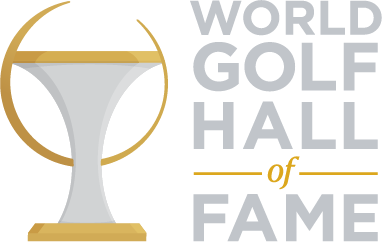Harold Hilton’s place in golf history was literally etched in stone at Apawamis Country Club in Rye, New York. Playing the 37th hole of the 1911 U.S. Amateur final against Fred Herreshoff, Hilton hit a spoon (3-wood) that was headed into a rock bed right of the first green.
As if guided by the hands of fate, the ball ricocheted onto the putting surface, stunning Herreshoff, who half-topped his approach shot and made bogey. With three British Amateur and two Open Championship victories to his credit, Hilton two-putted for par and at age 42 became the first foreign-born player to win the U.S. Amateur. At Apawamis, they still call it Hilton’s Rock.
The shock waves sent off by Hilton’s victory were far-reaching. Herbert Warren Wind described it as “the most discussed single shot ever played in an American tournament.”
In The Story of American Golf, Wind wrote, “Americans were not at all pleased over the idea that a foreigner had carried one of our championship cups out of the country, and that men who had never cared about golf before now wanted to know the real inside story.” Wind used the press as a touchstone, noting that a New York newspaper which identified the Englishman as “Horace H. Hilton” in a story prior to the Amateur had gotten Hilton’s first name right when he won the event.

